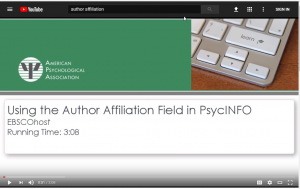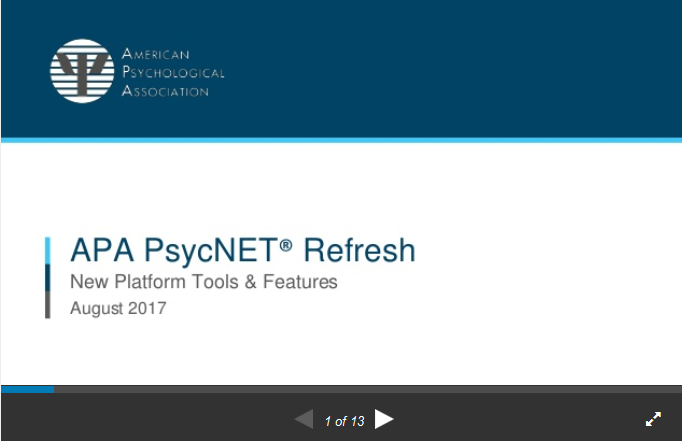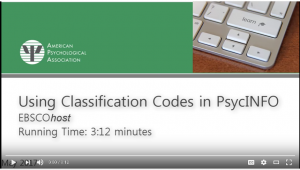We are pleased to announce that a revised version of APA PsycNET® Help files is now available to support the July 2017 platform update. Help files were updated to reflect the new user-interface changes related to responsive design, content discovery, and search tools.
PsycNET Help is available at top-right of the screen, next to the Login link:
The APA PsycNET Help module includes detailed information about:
- Getting Started with APA PsycNET, including database descriptions
- Basic and Advanced Search, including fields, filters, and display options
- Cited References searching
- Search results, including searching, managing, filtering, and finding full text
- Managing Searches, including email alerts, RSS feeds, and permalinks
- Recent searches, My PsycNET, and MyList
- Browse function for each database
- APA Thesaurus, including why & how to incorporate it into your search
- Additional search options, including Lookup tools, Boolean operators, truncation, and more.
Related Resources:
- Interested in a quick review of the PsycNET platform changes that were implemented? View the previous “What’s New with APA PsycNET” post, which includes links to the recorded webinar on the APA PsycNET changes (27:30 min) and webinar slides outlining the July 2017 platform enhancements.
- Review our YouTube playlist of APA Databases on APA PsycNET for more information about using APA PsycNET.




